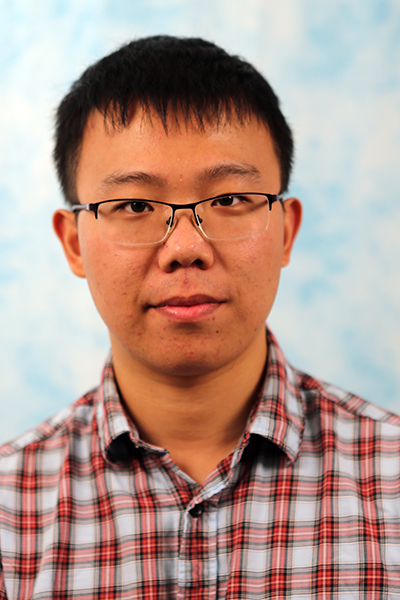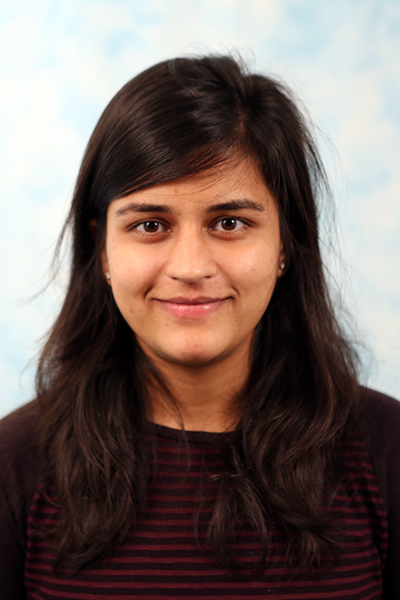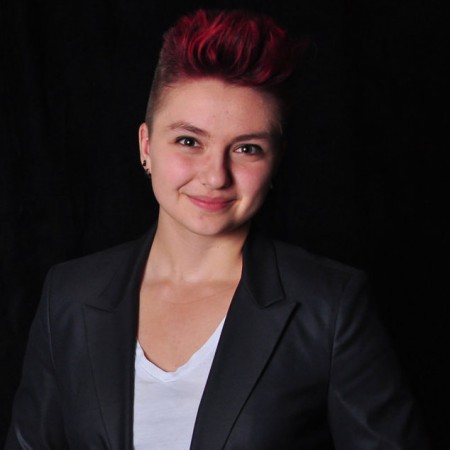Carnegie Mellon University
Learning multi-robot behaviors for online control
Abstract: Finding dynamically feasible and safe global plans for multi-agent teams in real world applications is enormously difficult because the decision branching factor, when considering all possible interactions across agents and an environment, is usually intractable. Humans, however, have great success in the multi-agent planning domain by using behaviors: practiced, coordinated responses for groups of [...]
Carnegie Mellon University
Routing for Persistent Exploration in Dynamic Environments with Teams of Energy-Constrained Robots
Abstract: In domains requiring effective situational awareness with limited resources, prioritizing focus is critical. Search and rescue tasks require fast identification of safe avenues for rescuers to traverse the area. Inspection tasks must realize trends over long durations to identify issues caused by the confluence of high-stress modes that compound into catastrophic failure. Deploying robots [...]
Carnegie Mellon University
Intra-Robot Replanning and Learning for Multi-Robot Teams in Complex Dynamic Domains
Abstract: In complex dynamic multi-robot domains, there is a set of individual robots that must coordinate together through a centralized planner that inevitably makes assumptions based on a model of the environment and the actions of the individual. Eventually, the individuals may encounter failures, because the centralized planner’s models of the states and actions are [...]
Carnegie Mellon University
Toward a New Type of Agile and Dexterous Mobile Manipulator
Abstract: Mobile robot bases have been developed over many decades, but only recently have researchers added arms to these bases, opening up the rich field of mobile manipulation. Most of these robots either need wide, heavy, statically-stable bases that may or may not be omnidirectional to support the arms and provide stability. Such robot bases, [...]
Carnegie Mellon University
Light Sheet Depth Imaging
Abstract: Once confined to industrial manufacturing facilities and research labs, robots are increasingly entering everyday life. As specialized robots are developed for tasks such as autonomous driving, package delivery, and aerial videography, there is a growing need for affordable depth sensing technology. Robots use sensors like scanning LIDAR, depth cameras, and passive stereo cameras to [...]
Carnegie Mellon University
Towards Generalization and Efficiency in Reinforcement Learning
Abstract: In classic supervised machine learning, a learning agent behaves as a passive observer: it receives examples from some external environment which it has no control over and then makes predictions. Reinforcement Learning (RL), on the other hand, is fundamentally interactive: an autonomous agent must learn how to behave in an unknown and possibly hostile [...]
Carnegie Mellon University
Akshat Agarwal – MSR Thesis Talk
Title: Learning Transferable Cooperative Behavior in Multi-Agent Teams Abstract: We study the emergence of cooperative behavior and communication protocols in multi-agent teams, for collaboratively accomplishing tasks like coverage control and formation control for swarms. Using graph neural networks to model inter-agent communications, we present state-of-the-art results in a fully decentralized execution framework which assumes [...]
Carnegie Mellon University
Yifan Ding – MSR Thesis Talk
Title: Decentralized Multiple Mobile Depots Route Planning for Replenishing Persistent Surveillance Robots Abstract: Persistent surveillance of a target space using multiple robots has numerous applications. The continuous operation in these applications is challenged by the limited onboard battery capacity of the persistent robots. We consider the problem for replenishing persistent robots using mobile depots, [...]
Active Learning in Robot Motion Control
Abstract: Motion motivated by information needs can be found throughout natural systems, yet there is comparatively little work in robotics on analyzing and synthesizing motion for information. Instead, engineering analysis of robots and animal motion typically depends on defining objectives and rewards in terms of states and errors on states. This is how we formulate [...]
Carnegie Mellon University
Tanya Marwah – MSR Thesis Talk
Title: Generating 3D Human Animations from Single Monocular Images Abstract: Endowing AI systems with the ability to formulate a three-dimensional understanding of human appearance from a single RGB image is an important component technology for applications such as person re-identification, biometrics, virtual reality and augmented reality. However, jointly inferring the texture map and 3D [...]
Human-guided Task Transfer for Interactive Robots
Abstract: Adaptability is an essential skill in human cognition, enabling us to draw from our extensive, life-long experiences with various objects and tasks in order to address novel problems. To date, most robots do not have this kind of adaptability, and yet, as our expectations of robots’ interactive and assistive capacity grows, it will be [...]
Pragna Mannam – MSR Thesis Talk
Title: Model-free Sensorless Manipulation Abstract: This thesis is a study of 2D manipulation without sensing and planning, by exploring the effects of unplanned randomized action sequences on 2D object pose uncertainty. Our approach uses sensorless reorienting of an object to achieve a determined pose, regardless of the initial pose. Without using sensors and models [...]











